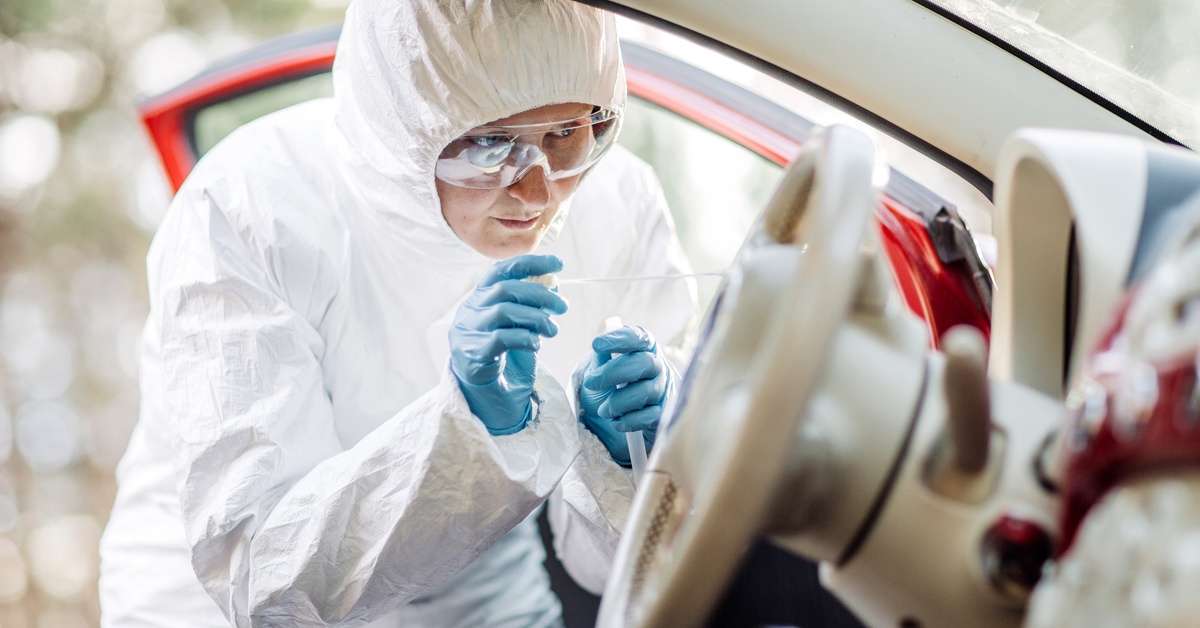
Vehicles involved in traumatic incidents, accidents, or other biohazardous situations present unique market challenges. Buyers fear lingering health risks while sellers worry that the car’s history will limit offers. This leads many people to wonder whether biohazard vehicles are safe to buy or sell at all. The answer is not a simple yes or no, but understanding the risks and taking appropriate precautions can help anyone navigate this specialized market.
Understanding Biohazard Vehicles
Biohazard vehicles have come into contact with harmful biological substances, such as blood, bodily fluids, or other potentially infectious materials. These substances can pose serious health risks if not handled properly, making biohazard vehicles potentially dangerous for anyone who comes in contact with them.
The most common sources of biohazards in vehicles are accidents involving bodily harm, crime scenes, and medical emergencies.
Professional Remediation Is Critical
The safety of a biohazard vehicle hinges on the thoroughness of the cleanup. Wiping down surfaces or using household cleaners will not remove microscopic contaminants. Porous materials, such as fabric seats, carpeting, and headliners, can absorb biological materials deep into their fibers. Even hard surfaces may retain contamination in cracks and seams.
Professional vehicle biohazard remediation involves specialized training, industrial-grade cleaning agents, and equipment designed to decontaminate and restore the vehicle to safe conditions.
Trained technicians dismantle interior components when necessary and sanitize every affected area. A reputable remediation company will also document the entire process, providing proof that the vehicle is restored to a safe condition.
Legal and Ethical Considerations
In many states around the US, sellers must disclose a vehicle’s biohazard history to potential buyers. Failure to do so can lead to legal issues and loss of trust. Even if disclosure is not legally required, sellers should be transparent about the vehicle’s past and the remediation work performed. Documentation from a certified cleanup company can reassure buyers that the vehicle poses no ongoing health risk.
The Buyer’s Perspective
Are biohazard vehicles safe to buy or sell after they undergo professional cleaning? Yes, provided the remediation was thorough and documented. Buyers should request proof of the work, ask for details about the materials replaced or cleaned, and have the vehicle inspected by an independent party.
If you cannot get details of the remediation process, assume it was inadequate and choose another vehicle.
The Final Decision
Purchasing or selling a biohazard vehicle is a matter of balancing caution with facts. Professional remediation can restore a vehicle to safe and usable condition. However, transparency, documentation, and due diligence are key to ensuring everyone involved feels confident in the transaction.
